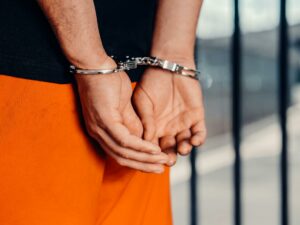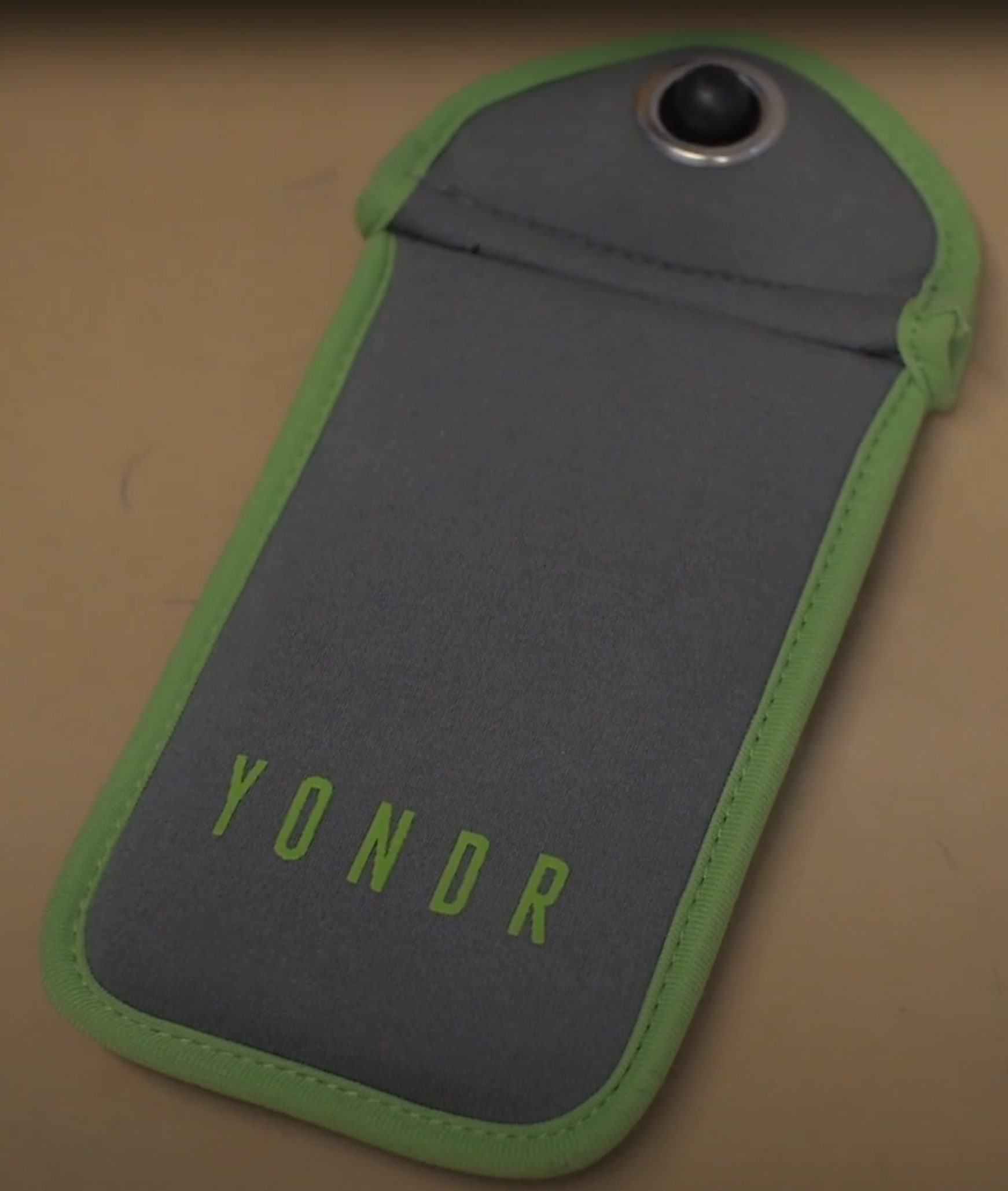
Partisanship. Bipartisanship. Who votes for whom? These are all things you hear about in the news on a regular basis. Truthfully, these topics only scratch the surface of political sociology, the study of political groups, leadership, and power within society. Delving deeper, we find that politics is really about power, the ability to exert control over others and achieve goals with or without the support of society. While on the surface, we see power as a question of who has the authority and how they use it, the actual application of power is often much more sinister. In the political arena, power is often a tool of disenfranchisement, an effort to restrict or revoke the voting rights of an individual or group, as opposed to a tool of support or empowerment. With just over 100 days until the 2020 presidential election, let’s take a moment to consider some recent examples of how disenfranchisement manifests in the American political process.
Redistricting, changes in the boundaries of an electoral voting district, is one of the most notable ways of disenfranchising large groups of voters. It involves redrawing the voting districts in often outlandish ways to reduce the impact of the vote in certain communities in an effort to keep incumbents in power. Historically, some of the worst examples can be found in Maryland’s 3rd District, Pennsylvania’s 7th District, and Texas’ 33rd District.
Next to redistricting, early voting and mail-in voting restrictions have been applied by those in power, ostensibly to reduce voter fraud. In reality, these restrictions just make it harder for people to participate in the political process. While voters may have some reservations about vote tampering with mail-in voting, in particular, the COVID-19 pandemic has increased interest in both early and mail-in voting. Arguably, both early voting and mail-in voting would go a long way in reducing voting wait times that were as high as four hours in the most recent Georgia election.
Voter identification laws similar to the one struck down by the courts in North Carolina are another form of disenfranchisement. The hurriedly-passed North Carolina law would have made it illegal to use federally-issued public assistance identification cards to vote but allowed federally-issued military identification cards as a valid form of ID. The courts ruled that, in this case, the voter ID law specifically targeted African-American voters who disproportionately receive public assistance in the state of North Carolina. The law effectively created a poll tax, a fee members of the electorate must pay to participate in the voting process, by requiring African-American citizens who happen to be welfare recipients to obtain another form of ID to vote in the state of North Carolina.

Lastly, felon disenfranchisement accounts for one of the largest groups excluded from participating in the political process in the United States. Estimates are that 6.1 million Americans are not allowed to vote because of their criminal record. It is worth noting that not all countries require ex-cons to lose their rights as citizens after serving time for committing a crime. Canada, Denmark, Ireland, South Africa, and Sweden are just a few countries that allow felons to vote. Some countries, like Norway, even allow prisoners to vote while serving time. What would it mean to restore voting rights to felons in the United States? In the state of Kentucky alone, where felons’ voting rights were recently reinstated, 175,000 ex-cons can now participate in the political process.
As we have seen, power often involves an individual or group having their way despite the resistance of others. When a person is duly elected, we say they have legitimate power. On the other hand, if someone steals the election or uses force or coercion, we say they have illegitimate power. In the end, if an elected official uses their power to disenfranchise others in society, can one really say their power is legitimate?
Thompson is a co-owner of UITAC Publishing. UITAC’s mission is to provide high-quality, affordable, and socially responsible online course materials.
Images used in this blog:
- “Vote Pin on a White Sweater” by cottonbro studio is licensed on Pexels. This image has not been altered.
- “A Person in Handcuffs” by Kindel Media is licensed on Pexels. This image has not been altered.



